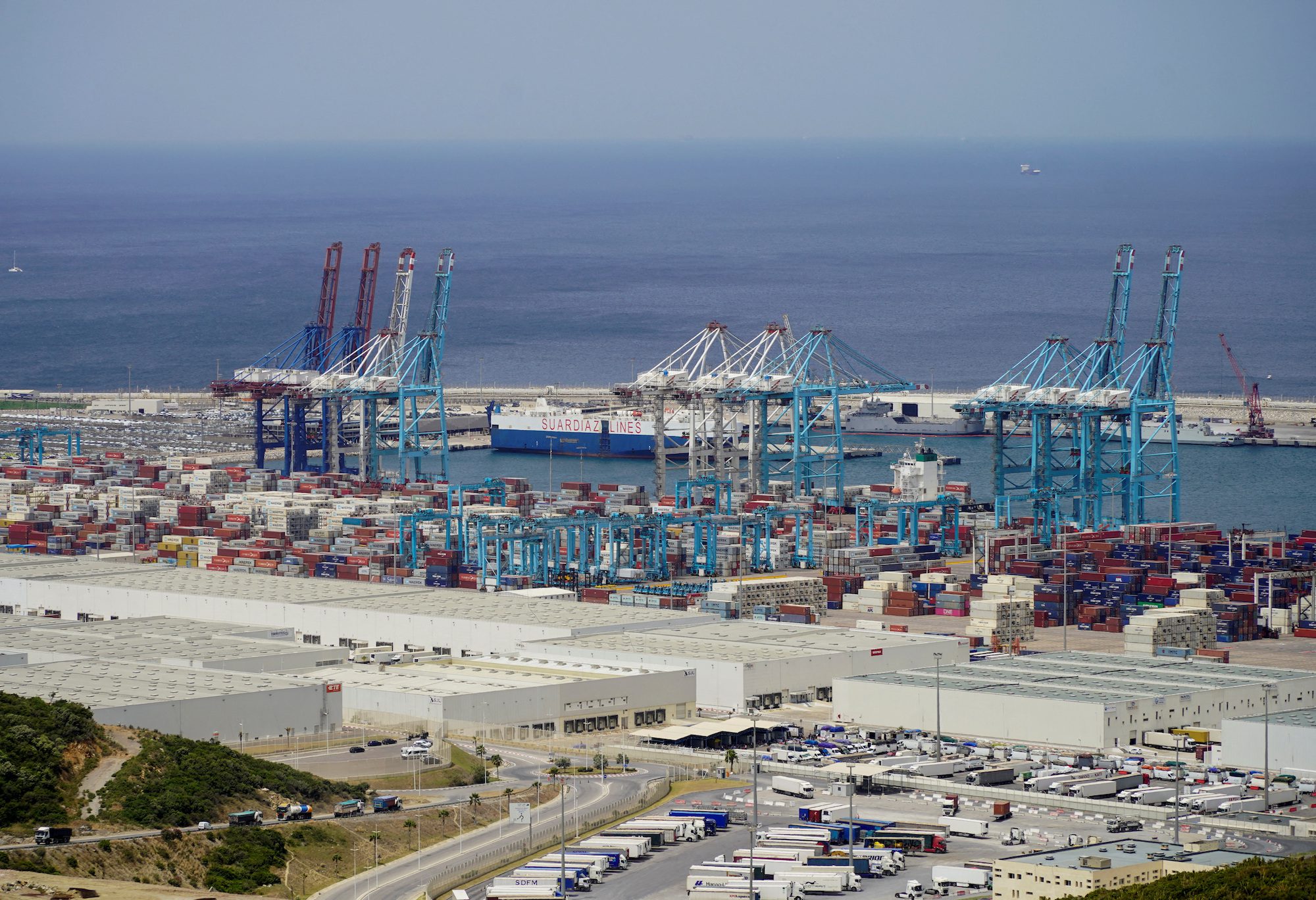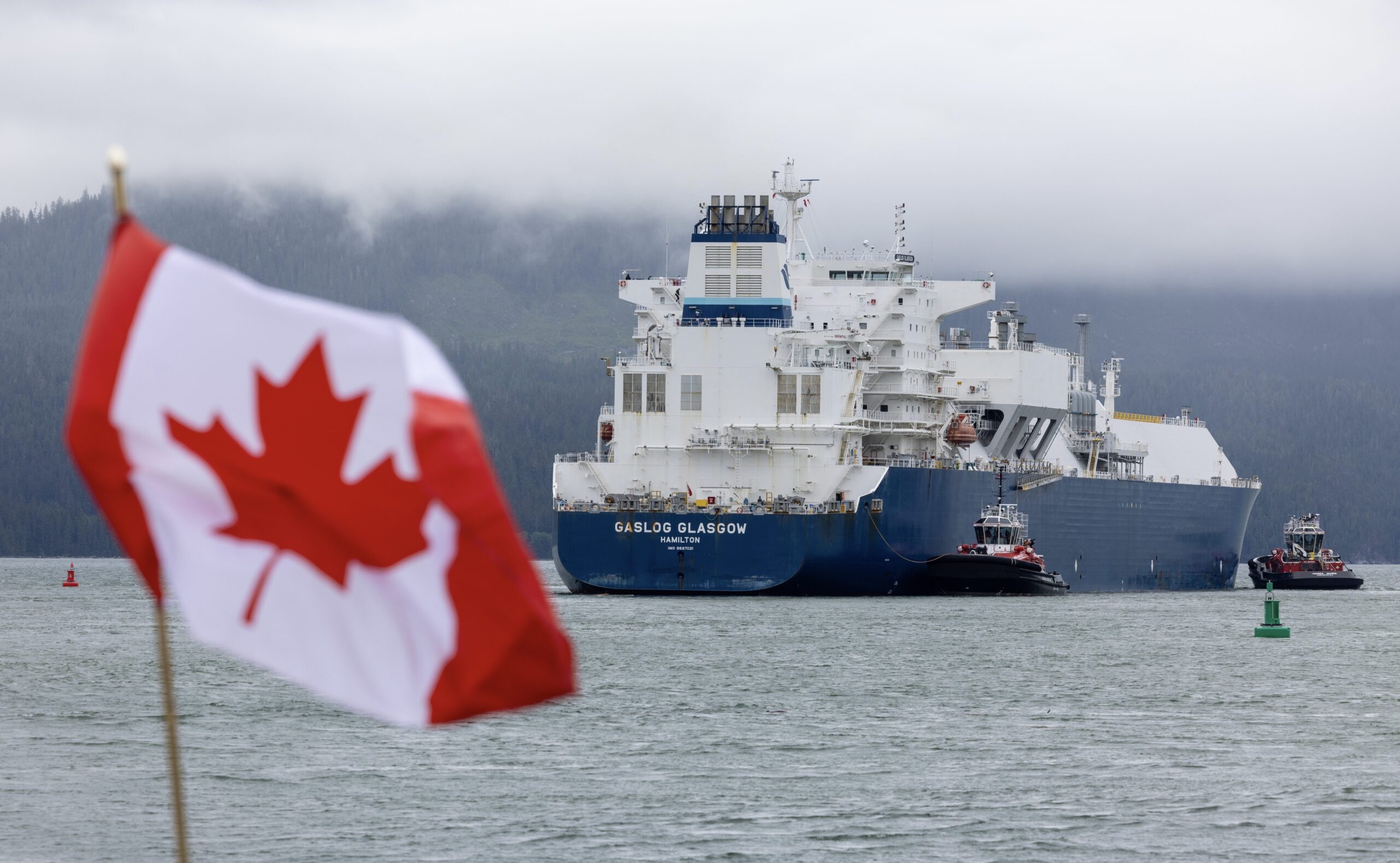What is the key to success in managing large ships? And by large I don’t mean size alone but also the number of people employed and the complexity of jobs conducted.
My first step aboard an exploratory drillship was overwhelming. The ship’s size was not my concern, I had recently signed off a 1000 ft + crude oil tanker, no it was the simultaneous operations, the complexity of the positioning and drilling systems, and the sheer number of people aboard (well over 100). I dealt with this complexity by narrowing my focus, concentrating on what I needed to know about moving and maintaining the hull. For years I mostly ignored the other operations happening around me and, worst of all, the people conducting them.
Maritime training concentrates first on individual tasks (e.g. practical navigation, radar plotting, radio communication) and second on activities of a team (bridge resource management, firefighting, etc) but it’s missing a critical component; dealing with people outside your department, or even, external to the ship entirely.
In a recent interview with uber-successful executive Susan Lyne, CEO of the Gilt Groupe, the New York Times explored leadership practices and one comment jumped off the pages:
Q. What would you like business schools to teach more, or less, of?
A. There are a lot of great courses on managing or developing a strategic agenda, but there is very little about how to work with your peers where you need to get X done, and you need these other three departments to give you X amount of time in order to succeed at that.
The people who truly succeed in business are the ones who actually have figured out how to mobilize people who are not their direct reports. Everyone can get their direct reports to work for them, but getting people who do not have to give you their time to engage and to support you and to want you to succeed is something that is sorely missing from B-school courses.
The key to managing large ships is not individual ability, although that’s an important prerequisite to command, it’s all about meeting the broad needs of the operation by employing the skills and work of people outside your direct control. You simply cannot succeed without the assistance of engineering, management, operations and the myriad of other topic experts aboard the vessel.
Think this skill is only important to those working aboard large, complicated vessels? Think again! A tugboat master, with crew of five, needs to deal with port captains, Coast Guard Inspectors, and cargo specialists (to name just a few!). By starting to understand their jobs, engaging them in personal relationships and allowing them to assist in the tasks that need to be done, the master can quickly rise in effectiveness and reputation.

 Join The Club
Join The Club










